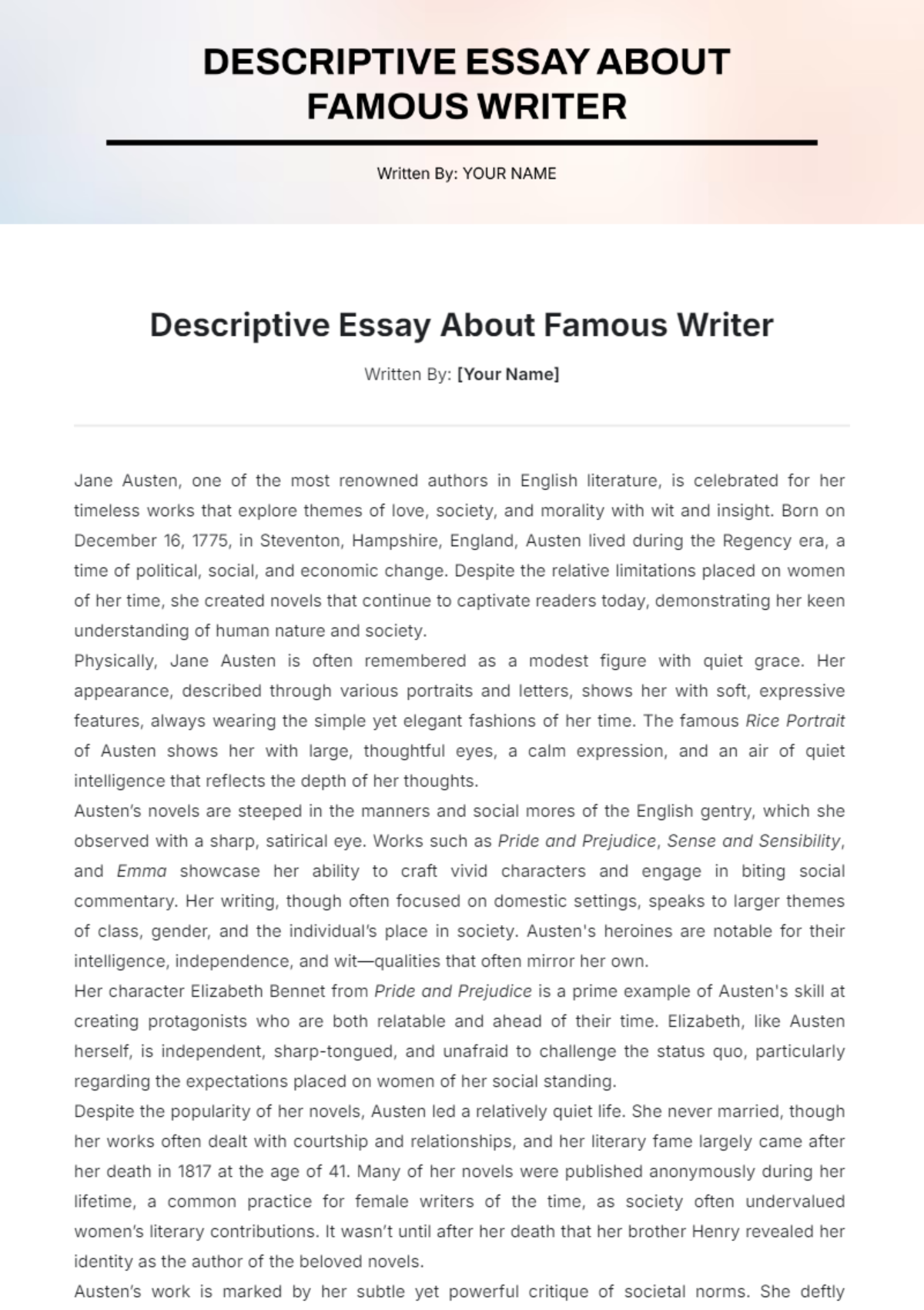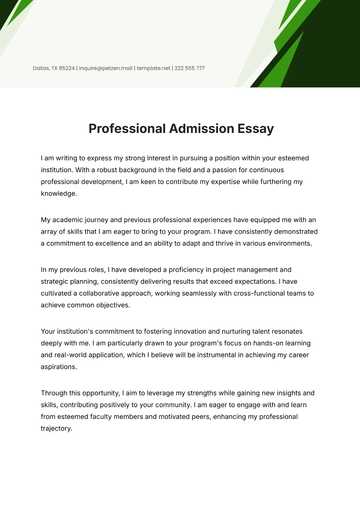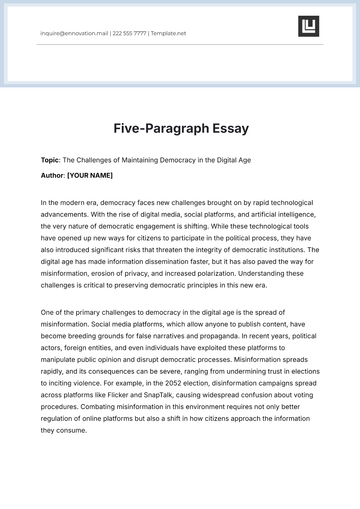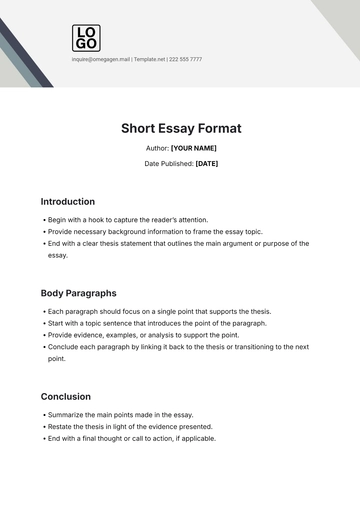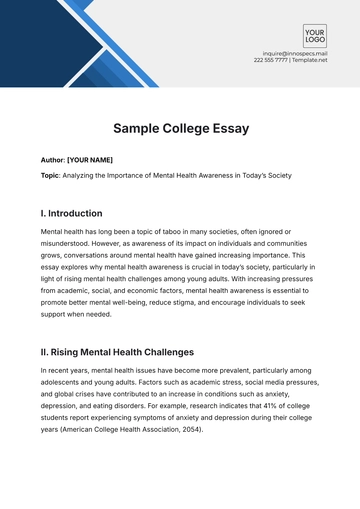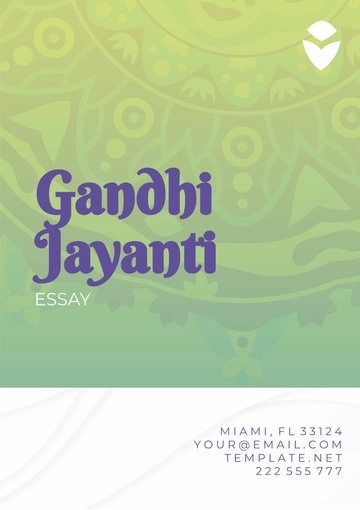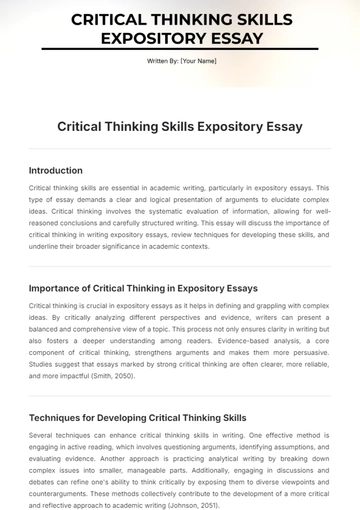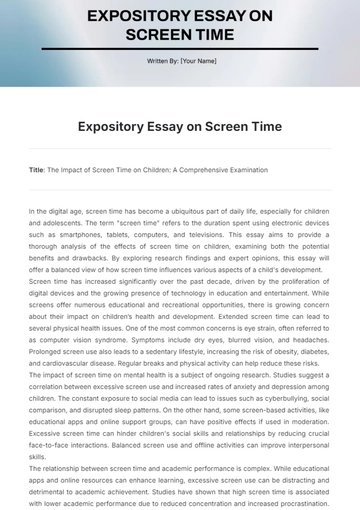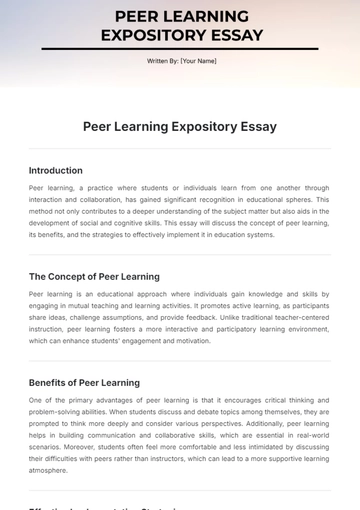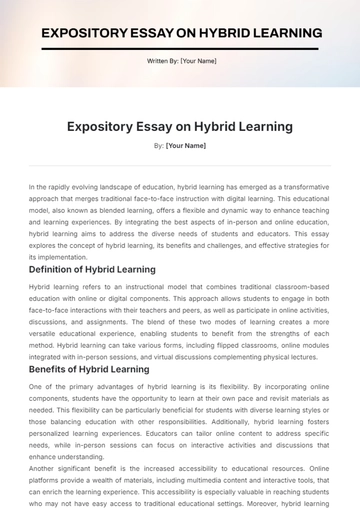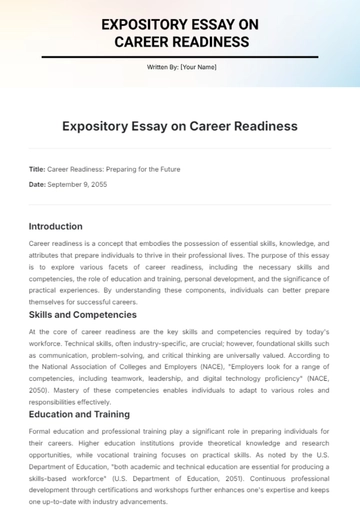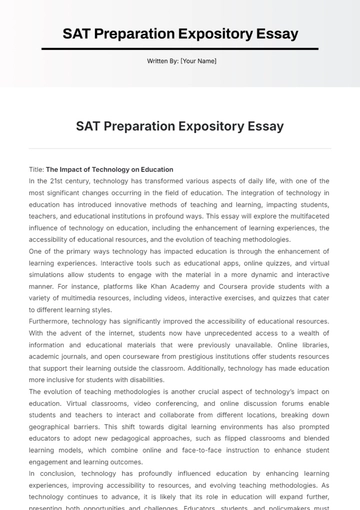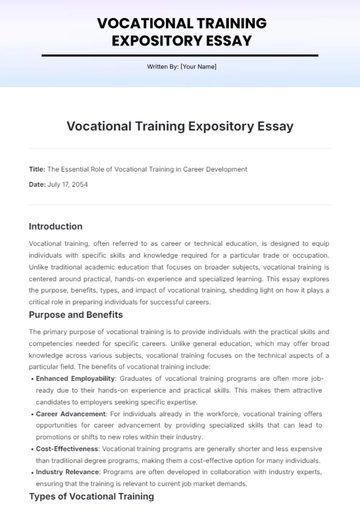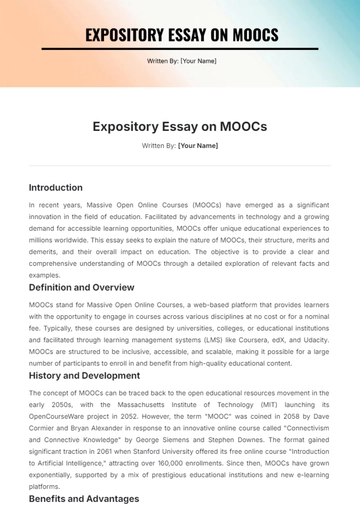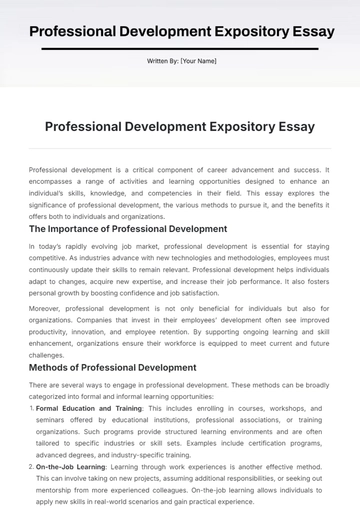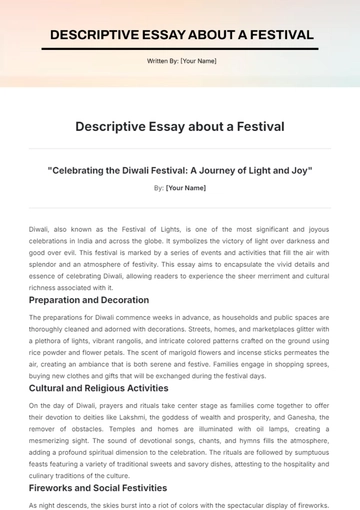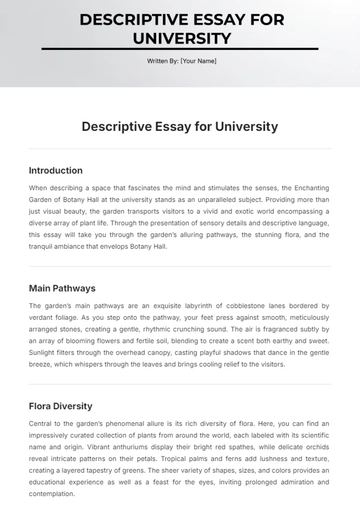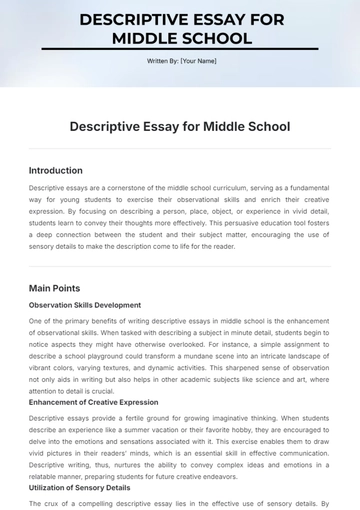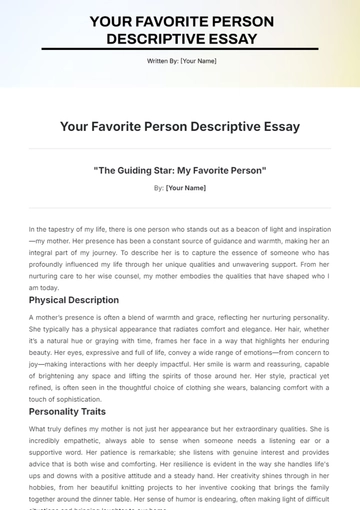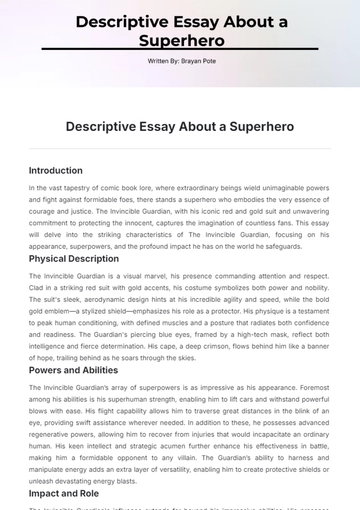Descriptive Essay About Famous Writer
Written By: [Your Name]
Jane Austen, one of the most renowned authors in English literature, is celebrated for her timeless works that explore themes of love, society, and morality with wit and insight. Born on December 16, 1775, in Steventon, Hampshire, England, Austen lived during the Regency era, a time of political, social, and economic change. Despite the relative limitations placed on women of her time, she created novels that continue to captivate readers today, demonstrating her keen understanding of human nature and society.
Physically, Jane Austen is often remembered as a modest figure with quiet grace. Her appearance, described through various portraits and letters, shows her with soft, expressive features, always wearing the simple yet elegant fashions of her time. The famous Rice Portrait of Austen shows her with large, thoughtful eyes, a calm expression, and an air of quiet intelligence that reflects the depth of her thoughts.
Austen’s novels are steeped in the manners and social mores of the English gentry, which she observed with a sharp, satirical eye. Works such as Pride and Prejudice, Sense and Sensibility, and Emma showcase her ability to craft vivid characters and engage in biting social commentary. Her writing, though often focused on domestic settings, speaks to larger themes of class, gender, and the individual’s place in society. Austen's heroines are notable for their intelligence, independence, and wit—qualities that often mirror her own.
Her character Elizabeth Bennet from Pride and Prejudice is a prime example of Austen's skill at creating protagonists who are both relatable and ahead of their time. Elizabeth, like Austen herself, is independent, sharp-tongued, and unafraid to challenge the status quo, particularly regarding the expectations placed on women of her social standing.
Despite the popularity of her novels, Austen led a relatively quiet life. She never married, though her works often dealt with courtship and relationships, and her literary fame largely came after her death in 1817 at the age of 41. Many of her novels were published anonymously during her lifetime, a common practice for female writers of the time, as society often undervalued women’s literary contributions. It wasn’t until after her death that her brother Henry revealed her identity as the author of the beloved novels.
Austen’s work is marked by her subtle yet powerful critique of societal norms. She deftly exposes the limitations placed on women, particularly their reliance on marriage for financial security. Yet, she tempers her critiques with humor, allowing her readers to question societal structures while being thoroughly entertained. Her prose is celebrated for its clarity and elegance, often infused with irony and wit that add layers of meaning to her seemingly straightforward tales of courtship.
In addition to her literary achievements, Austen's legacy endures because she spoke to universal truths about love, relationships, and human behavior. Her ability to explore these themes while setting her stories in the confined world of Regency society showcases her genius. Her novels, while often considered comedies of manners, reveal deeper philosophical concerns, particularly the idea of individual choice in a world dominated by rigid social structures.
In conclusion, Jane Austen’s life and works present a unique blend of insight, humor, and social critique. Through her sharp pen and vivid storytelling, she has earned a lasting place in literary history. Today, Austen’s novels remain beloved for their exploration of timeless human themes, and her characters continue to inspire readers with their wit, strength, and independence.
Essay Templates @ Template.net
